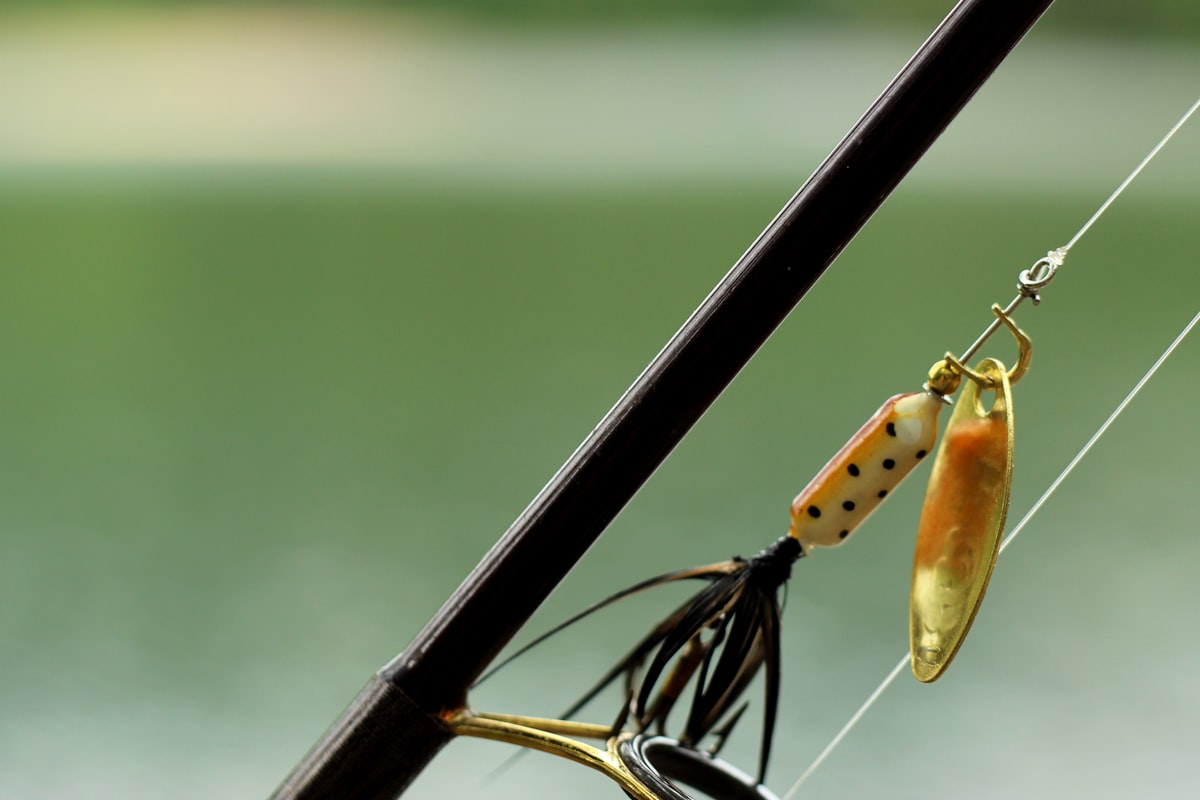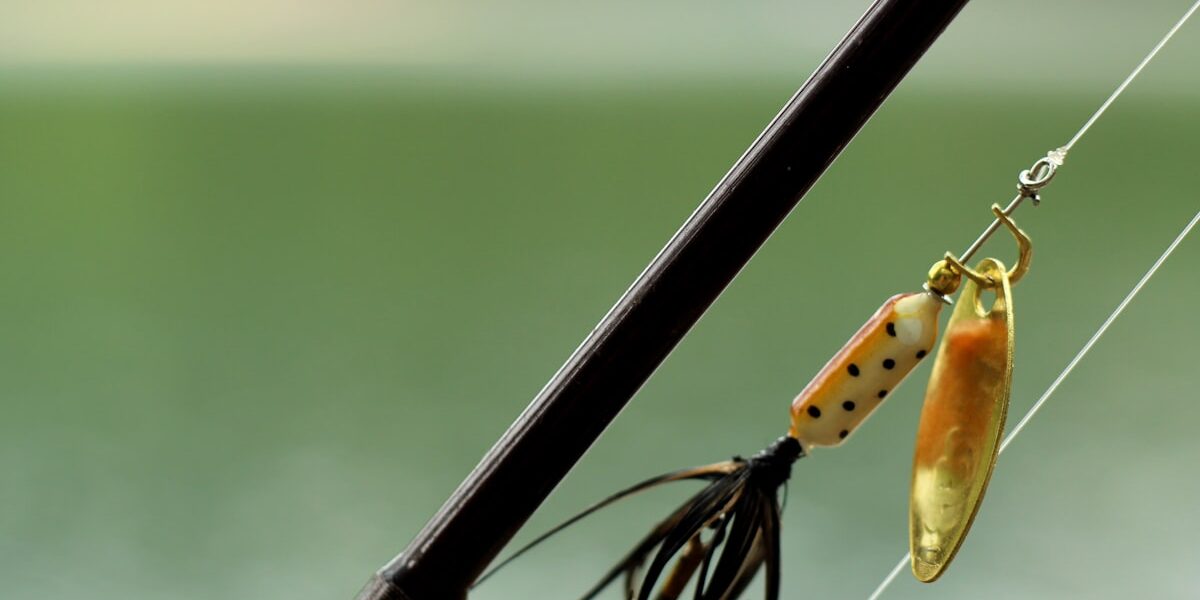Saltwater fishing is a thrilling activity that attracts millions of enthusiasts worldwide. Whether you’re casting off a pier, embarking on a deep-sea fishing trip, or fly fishing in coastal waters, understanding the optimal conditions for saltwater fishing can significantly enhance your experience and success rate. Below, we explore various factors that define the best saltwater fishing conditions, blending science with seasoned angler insights to help you plan your next fishing adventure more effectively.
**1. Tides and Lunar Phases**
Tides play a pivotal role in saltwater fishing. The movement of water caused by the changing tides affects the behavior of marine life, influencing where and when fish are most active. Many experienced anglers prefer fishing during rising or falling tides. High tide can bring fish closer to shore or into estuaries and bays, while low tide can expose structure such as jetties and sea beds that attract fish. Additionally, the lunar phase impacts tidal strength and fish behavior. Full and new moons typically produce stronger and higher tides, which can lead to increased fish activity.
**2. Weather Conditions**
Weather affects water temperature, salinity, and the overall behavior of fish. Ideal conditions for saltwater fishing often include stable weather patterns. Sudden changes in weather can disrupt feeding patterns, whereas a consistent trend can encourage more active feeding. Overcast skies can also be beneficial, as the reduced brightness can make fish less wary and more likely to strike at bait. However, be cautious with windy conditions; while a light breeze can aid in dispersing bait scent, strong winds can make fishing challenging and dangerous.
**3. Water Temperature**
Fish are cold-blooded animals, meaning their body temperature is influenced by their environment. Each species has a preferred temperature range that makes them most active and likely to feed. For example, species like snook and tarpon prefer warmer waters, while cod and halibut thrive in cooler temperatures. Knowing the preferred temperature range for the target species is crucial when planning a saltwater fishing trip.
**4. Water Clarity**
Clear water is generally preferable in saltwater fishing, as it allows fish to see bait from a greater distance. However, some turbidity might be beneficial, especially for species that rely on ambush, as it helps them hide from prey. The clarity of the water can be influenced by recent rains, tides, and the presence of vegetation in the water.
**5. Barometric Pressure**
Fish are sensitive to changes in barometric pressure. Generally, a falling barometer, which often precedes a storm, can stimulate fish to feed heavily. Conversely, a rising barometer suggests that the weather is clearing, which can also lead to good fishing conditions, albeit the fish may be more cautious in their feeding.
**6. Wind Direction and Speed**
Wind can influence saltwater fishing by stirring up the water’s surface and affecting current patterns. A wind blowing towards the shore can bring warm surface water and baitfish, which in turn attracts predatory fish. However, too much wind can churn the water and reduce visibility, making fishing conditions less than ideal.
**7. Time of Day**
Early morning and late evening are often the best times for saltwater fishing. These periods are when fish are most actively feeding due to cooler temperatures and lower light levels, which reduce the risk of predation. During these times, you may also experience less competition and more serenity, enhancing your overall fishing experience.
**Conclusion**
The best saltwater fishing conditions depend on a combination of factors including tides, lunar phases, weather, water temperature, clarity, barometric pressure, and wind conditions. By understanding these elements and how they interact, anglers can increase their chances of a successful outing. Remember, every fishing spot is unique, and local knowledge is invaluable. Consult local fishing reports, talk to experienced anglers in the area, and always be prepared to adapt to the day’s conditions. With the right knowledge and preparation, you’ll be well on your way to an enjoyable and fruitful saltwater fishing adventure.






Leave a Reply